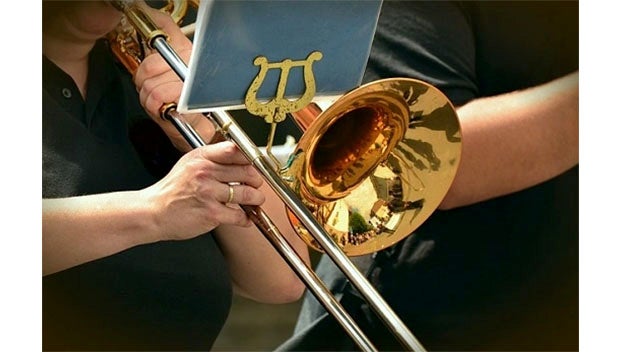Communion ceremonies vary among denominations
Published 11:35 am Wednesday, October 18, 2017
The celebration of Holy Communion is a thread that links all Christians. While the components of receiving the Eucharist are similar, each church and denomination has its own variations on the sacrament.
The depiction of Holy Communion on television and in movies routinely shows the Catholic celebration, so many are familiar with how Catholics receive the Eucharist. But members of other Christian churches celebrate the sacrament differently.
Lutheran
Lutheran beliefs are similar to those of Catholics, but there are some differences in the vocabulary used to describe the Eucharist. The term “transubstantiation” is not used in the Lutheran Church to describe the change of the bread and wine into Christ. Furthermore, Catholics maintain the practice of reserving communion wafers in the tabernacle, believing that Christ is still present. According to Busted Halo, an online magazine for spiritual seekers, Lutherans do not believe that the presence of Christ continues in the bread and wine after the time of the Eucharistic celebration.
Orthodox
Orthodox Christians believe that the Eucharist is a sacrament, but they refer to it as a “mystery” rather than a “sacrament.” Followers accept the Real Presence of the Eucharist but do not attempt to explain how this change occurs. The service is commonly known as the Divine Liturgy in many Orthodox churches.
Reformed and Presbyterian
Presbyterian and Reformed denominations have a different view of the Eucharist. Derived from the teachings of John Calvin, Reformed and Presbyterian churches teach that Christ is not literally present in the bread and wine. Instead, Presbyterians believe that Christ is spiritually present and is received with the power of the Holy Spirit for the faithful.
Baptists and Other Groups
Baptists and similar denominations largely view The Lord’s Supper as a remembrance of Christ’s suffering. According to the spiritual resource Christianity in View, many deny any form of physical or spiritual presence of Christ in the bread and wine.
In addition to the practices reserved for each denomination, there may be other rules regarding the celebration of Mass and the Eucharist. For example, the Vatican mandates that only Roman Catholics who are in good standing with the Church and are free from mortal sin are allowed to participate in the Eucharist. In addition, Catholics must fast for an hour before receiving Communion, while some churches make Communion open to any Christian.
Some churches offer Communion every day or once per week. Others do it less often. Celebrants may walk up to the altar to receive from a common cup and bowl, while others pass around the Eucharist among parishioners.
No matter how the Eucharist is shared and celebrated, it remains a sacred component of church ceremonies.



